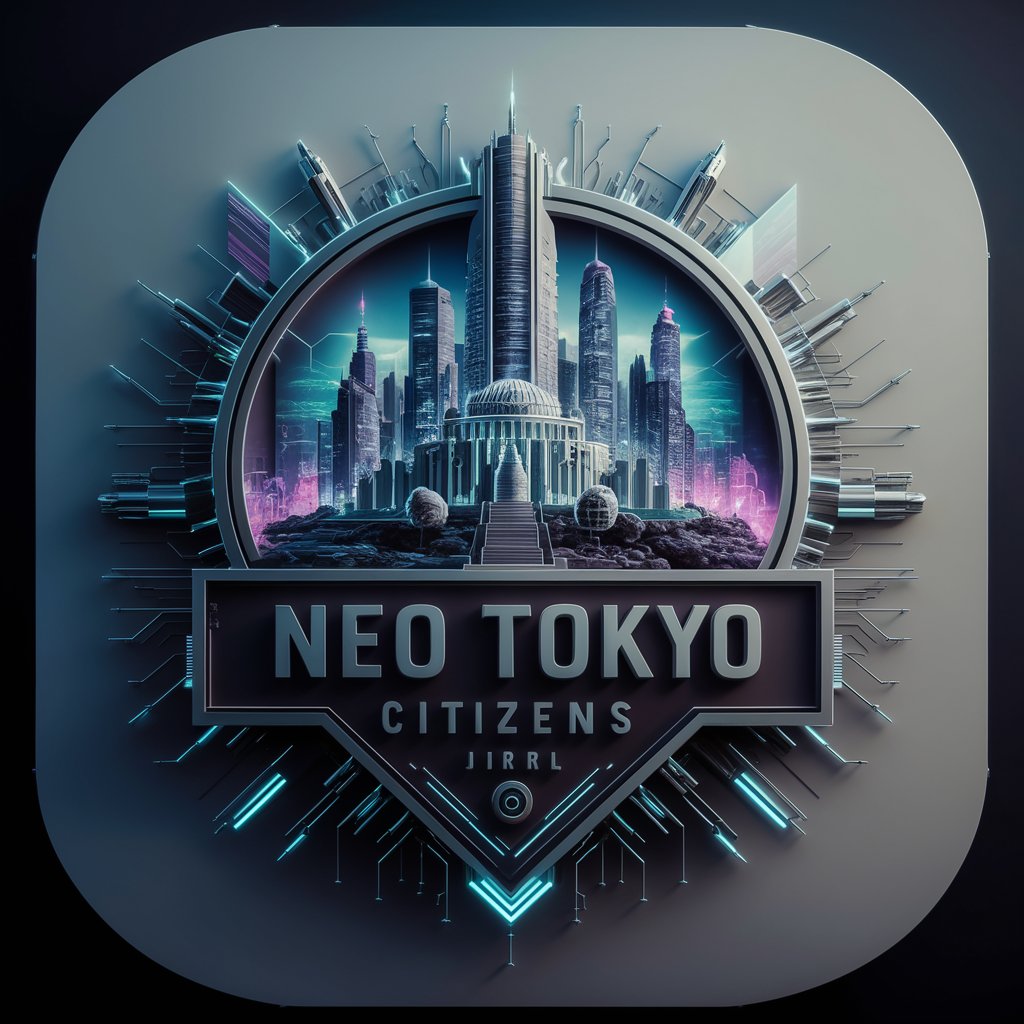10 GPTs for Virtual Identity Powered by AI for Free of 2025
AI GPTs for Virtual Identity refer to the use of Generative Pre-trained Transformers in creating, managing, and enhancing digital personas or avatars. These tools leverage advanced AI capabilities to simulate human-like interactions, personalize experiences, and automate identity-related tasks in virtual environments. By integrating GPTs, users can generate lifelike conversations, customize virtual characters, or automate identity verification processes, making these tools indispensable for creating immersive and interactive digital experiences.
Top 10 GPTs for Virtual Identity are: Face Generator,アバター職人 - Image to Image -,Neo Tokyo Citizens IRL,Générateur d'Avatar,Avatar App Creator,Headshot Creator,This person does not exist,MetaID,Flash Face,Otaku Avatar Crafter
Face Generator
Craft Faces with AI Precision

アバター職人 - Image to Image -
Craft Your Digital Identity with AI

Neo Tokyo Citizens IRL
Bringing Your Digital Citizen to Life

Générateur d'Avatar
Craft Your Digital Persona with AI

Avatar App Creator
Transform photos into avatars with AI

Headshot Creator
Create Stunning AI-Powered Headshots Instantly

This person does not exist
Crafting Unique Faces with AI

MetaID
Empowering your presence in the metaverse.

Flash Face
Craft Your Digital Persona with AI

Otaku Avatar Crafter
Craft Your Anime Alter-Ego

Key Attributes of AI GPTs in Virtual Identity
AI GPTs for Virtual Identity are distinguished by their adaptability and scalability, catering to a wide range of functions from simple conversational bots to complex identity verification systems. Core features include natural language processing for realistic dialogues, learning algorithms that adapt to user behaviors, and the ability to integrate with web services for enhanced functionality. Special features may encompass image generation for avatar customization, data analysis for personalized user experiences, and technical support capabilities that assist in troubleshooting or enhancing virtual identities.
Who Benefits from Virtual Identity GPTs?
These AI tools are designed for a broad audience, including tech enthusiasts exploring the frontiers of digital identity, developers seeking to incorporate AI-driven interactions in virtual environments, and professionals in the gaming, social media, and e-commerce sectors aiming to provide enriched user experiences. They are accessible to individuals without programming knowledge through user-friendly interfaces, while offering extensive customization options for those with technical expertise.
Try Our other AI GPTs tools for Free
Educational Quizzing
Explore how AI GPTs for Educational Quizzing revolutionize learning with personalized quizzes, instant feedback, and adaptive educational content, accessible to all.
Quiz Customization
Explore AI GPTs for Quiz Customization: versatile tools designed to create engaging, personalized quizzes for education, engagement, and assessment.
Market Segmentation
Discover how AI GPTs revolutionize Market Segmentation with advanced analytics, providing tailored insights for strategic business decisions.
Creative Copywriting
Unlock the potential of AI in creative copywriting with GPT technology, designed to enhance content creation with personalized, engaging, and SEO-friendly text that resonates with your audience.
Zen Studies
Explore AI GPTs for Zen Studies: tailored AI solutions enhancing learning, practice, and research in Zen Buddhism through interactive, adaptable tools.
Character Crafting
Discover how AI GPTs for Character Crafting revolutionize character creation, offering dynamic, user-friendly tools for writers, developers, and creators.
Expanding Horizons with AI GPTs
AI GPTs for Virtual Identity represent a cutting-edge approach to digital interaction, offering possibilities for more engaging, personalized, and secure virtual experiences. Their integration into various sectors underscores their versatility and potential to revolutionize how we interact with digital content and each other in virtual spaces.
Frequently Asked Questions
What are AI GPTs for Virtual Identity?
AI GPTs for Virtual Identity utilize generative pre-trained transformers to create and manage digital personas, facilitating human-like interactions and personalized virtual experiences.
How do these tools enhance virtual experiences?
By generating lifelike conversations, customizing avatars, and automating identity-related tasks, these tools enhance user engagement and authenticity in virtual spaces.
Can non-programmers use these GPTs effectively?
Yes, these tools are designed with user-friendly interfaces that enable non-programmers to easily create and manage virtual identities without coding skills.
What makes GPTs unique in handling virtual identities?
Their ability to process natural language, adapt to user interactions, and integrate with various web services makes them uniquely capable of managing complex virtual identities.
Are there customization options for developers?
Yes, developers have access to extensive APIs and coding interfaces that allow for deep customization and integration into existing systems.
Can these tools generate virtual avatars?
Certain AI GPTs come with image generation capabilities, enabling the creation and customization of virtual avatars based on user preferences.
How do AI GPTs learn from user behavior?
These tools utilize machine learning algorithms to analyze user interactions and adapt their responses and functionalities accordingly, providing a more personalized experience over time.
Are AI GPTs for Virtual Identity secure?
Yes, these tools incorporate advanced security measures to protect user data and ensure privacy in the management of virtual identities.